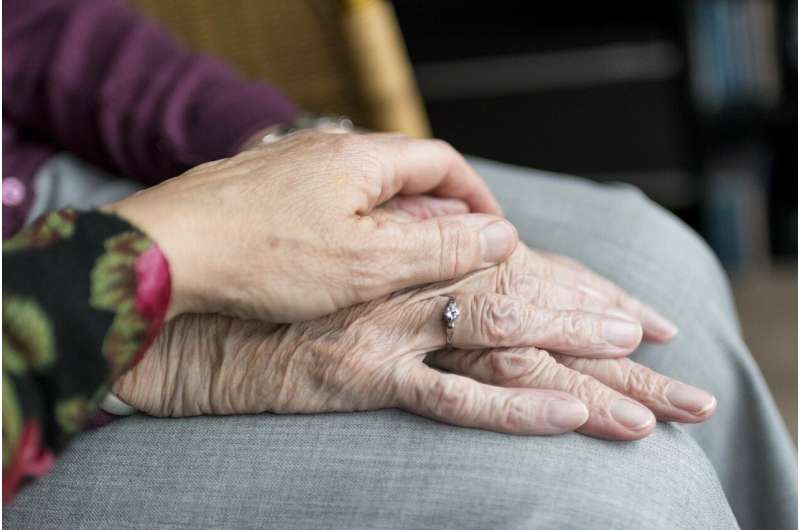New report calls for universal coverage of long-term care for older adults in U.S.

The COVID-19 pandemic's heavy toll on older Americans highlights the need to strengthen the nation's safety net for people in need of long-term services and supports, an Oregon Health & Science University researcher and co-authors argue in a new report published by Milbank Quarterly.
The report proposes a system of universal coverage to support the long-term care of all older Americans.
"This approach would protect against financial catastrophe and end the current system that is based on the need to be financially destitute in order to access coverage via Medicaid," the authors write. "Such an approach would benefit both individuals and families and would also create a far more stable and more generous funding stream to providers."
Walt Dawson, D.Phil., assistant professor of neurology in the OHSU School of Medicine, said he believes the pandemic could be an inflection point to improve the U.S. system of long-term services and support.
Dawson, also a senior Atlantic Fellow of Equity in Brain Health with the Global Brain Health Institute, studies the public policy implications of Alzheimer's disease and other dementias—including the financial impact on families and the public programs that finance care.
The report lays out a series recommendations to repair what it characterized as a fragmented and patchwork system of long-term services and supports for older Americans living with physical and cognitive impairments.
Long-term recommendations
- Universal coverage: The report calls for establishing universal coverage for all Americans' long-term care needs through Medicare. "Universal coverage is essential to achieving greater equity in access and coverage, but it is also essential to the fiscal viability of the financing mechanism (e.g., everyone pays into the system)," the authors write.
- Creating an age-friendly health system: The report calls for better collaboration between public health, health care systems and long-term care to safeguard the health and safety of older adults.
Near-term recommendations
- Improved reporting of COVID-19 infections: The report calls for improving a "lack of publicly available information" nationally about COVID-19 infections among people receiving long-term services and supports and the workforce caring for them.
- Support for unpaid caregivers: Family caregivers could be identified through Medicare and compensated at the rate of home health aides. In addition, the report calls for improved lines of communication between acute care facilities and other forms of long-term services and support.
- Equitable treatment: The Medicaid reimbursement system should provide resources to support independent long-term care and home care providers who often care for the most vulnerable and medically fragile older adults.
"Although these are not new problems, the pandemic has exacerbated and amplified their impact to a point that they are impossible to ignore," the report concludes. "The opportunity for reform is now."
More information: Walter D. Dawson et al, COVID‐19: The Time for Collaboration Between Long‐Term Services and Supports, Health Care Systems, and Public Health Is Now, Milbank Quarterly First published: 16 February 2021 doi.org/10.1111/1468-0009.12500



















